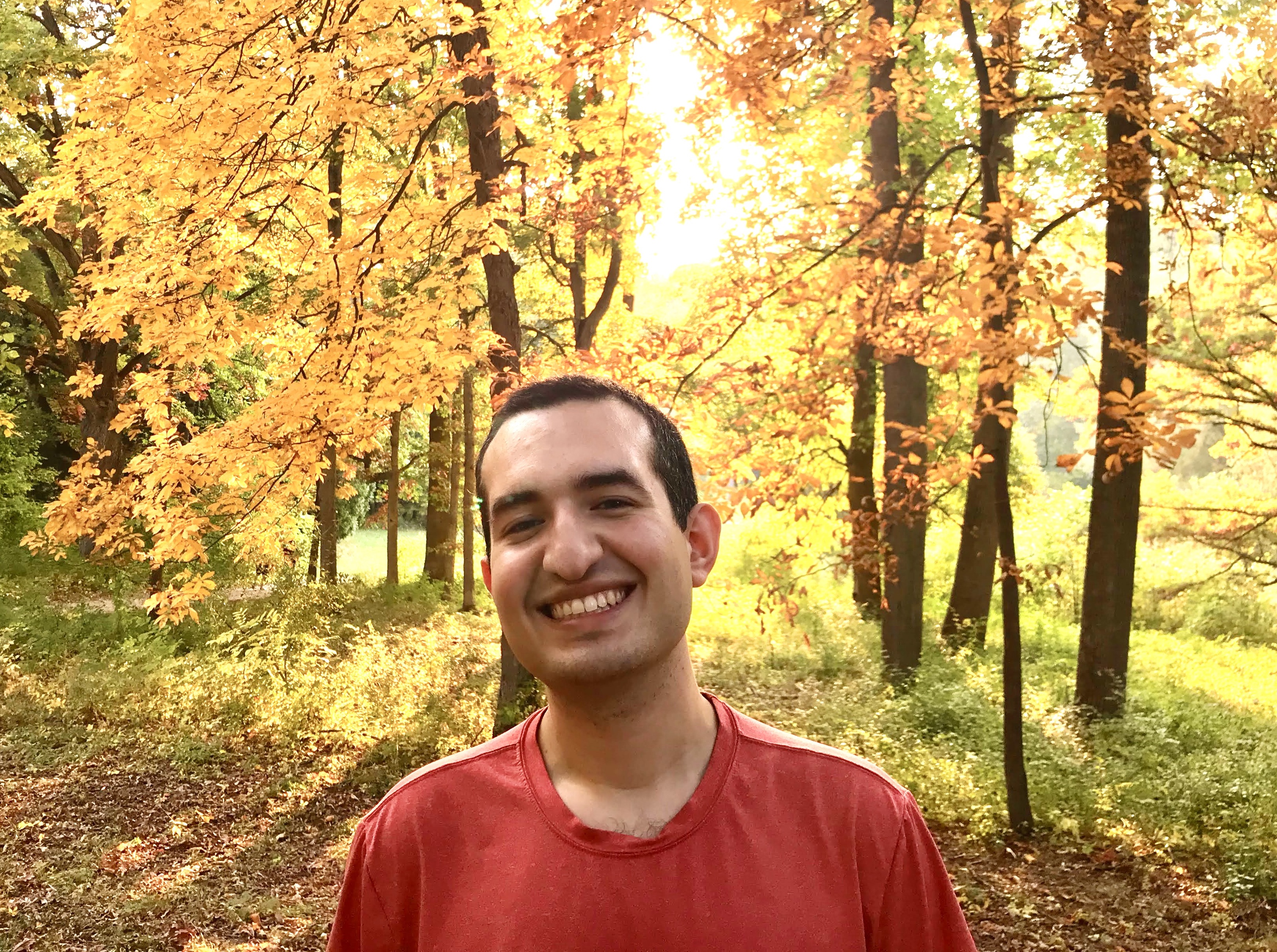Home

Hi, I’m Ismael! I’m a Postdoc at the Astronomy Department in the University of Maryland as of Fall 2025.
I am broadly interested in applying statistical methods to data from large cosmological surveys. I am an active member of the LSST Dark Energy Science Collaboration.
This is my personal academic website, here you can find information about my current projects, publications, and more:
Contact and personal links
-
Email: ismael@umd.edu